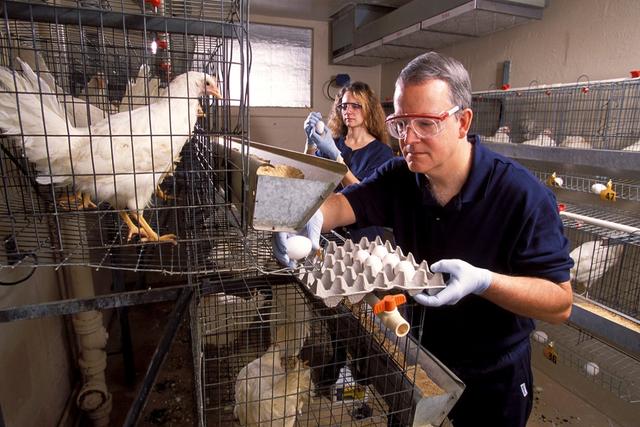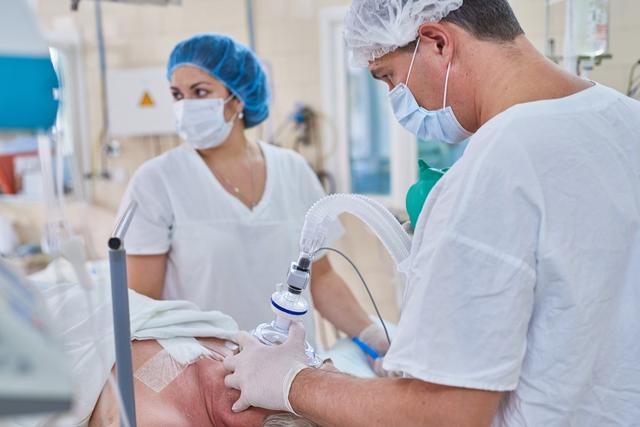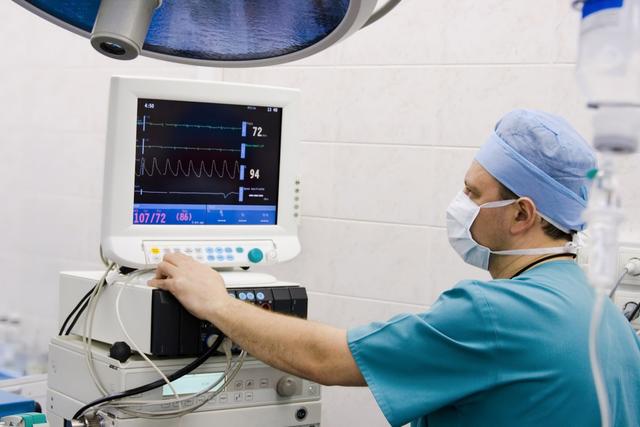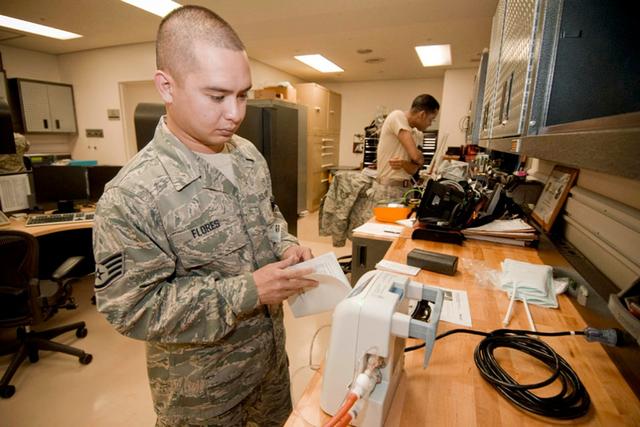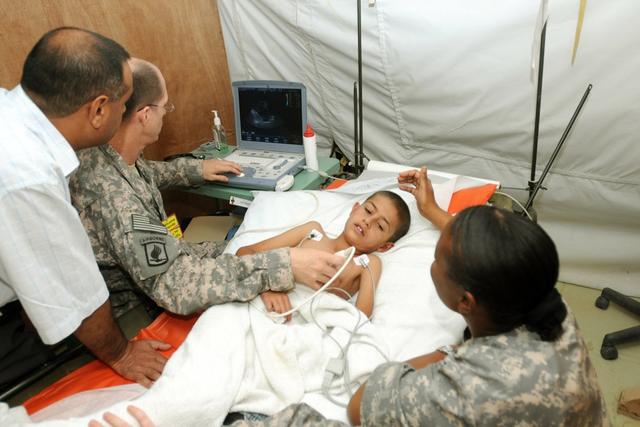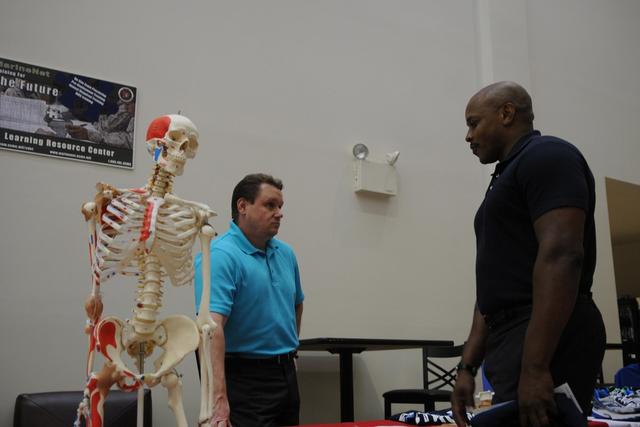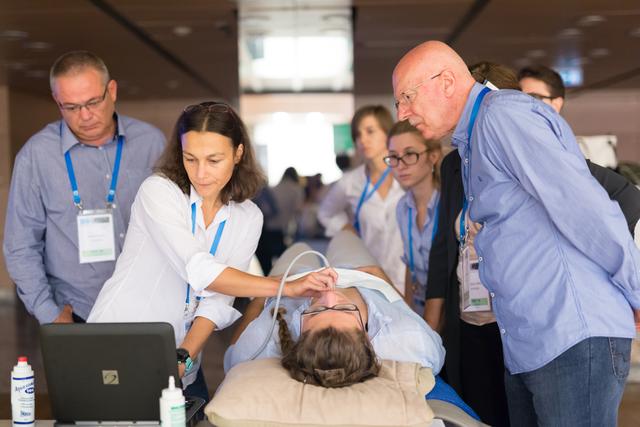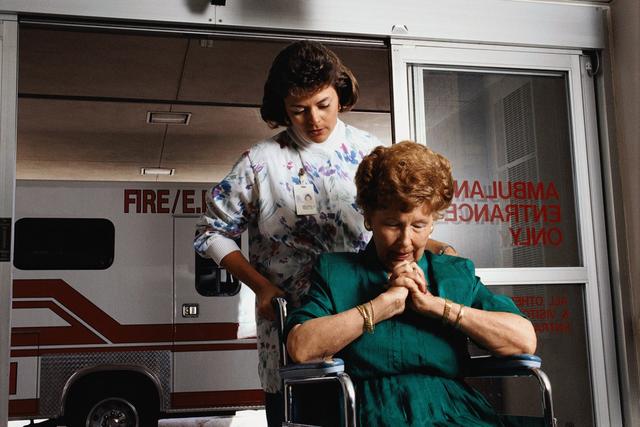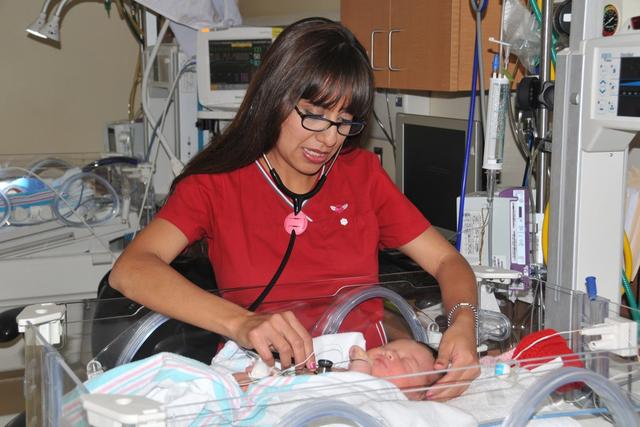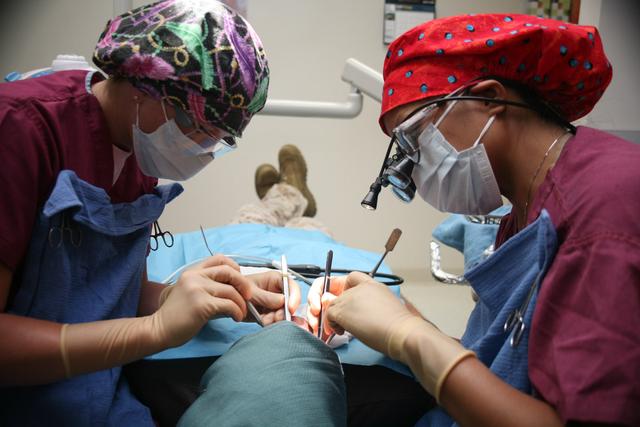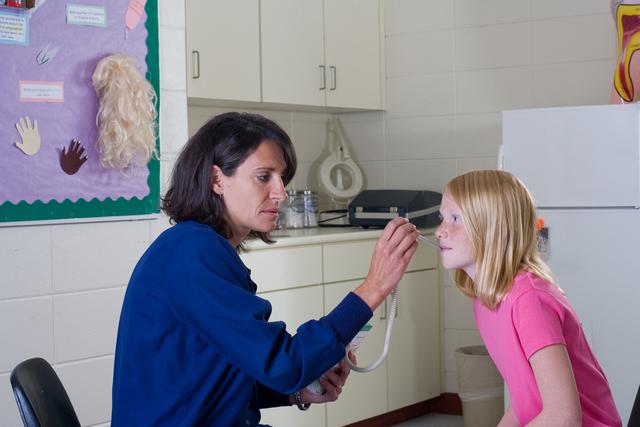Transplant Coordinators
Overview
Introduction
Transplant coordinators are involved in practically every aspect of organ procurement (getting the organ from the donor) and transplantation. There are two types of transplant coordinators: procurement coordinators and clinical coordinators. Procurement coordinators help the families of organ donors deal with the death of a loved one as well as inform them of the organ donation process. Clinical coordinators educate recipients about how to prepare for an organ transplant and how to care for themselves afte...
Quick Facts
Median Salary
Employment Prospects
Minimum Education Level
Experience
Skills
Personality Traits
Earnings
Salaries vary based on educational background, experience, and responsibilities of the coordinator. People who have a degree and work as directors or educators may earn a higher salary than those working at the clinical end. According to PayScale.com, in September 2020, organ transplant coordinators earned salaries that ranged from $51,000 to more than $101,000. The average annual salary was $7...
Work Environment
Transplant coordinators can be found doing their jobs in various environments. They may be in an office completing paperwork, in a hospital visiting with patients, families, or other hospital staff, in a clinic or doctors office seeing patients, or at a school or business meeting promoting donor awareness. Sometimes coordinators must accompany the organ to the transplant center, and some coordi...
Outlook
The number of people waiting for organ donations is growing, but there still is a need to find an increased number of donors. Therefore, a number of organizations have been developed to promote organ donations, particularly among minorities. These efforts require the skills of transplant coordinators. The coronavirus pandemic has caused a steep decline in the number of organ donations and trans...


